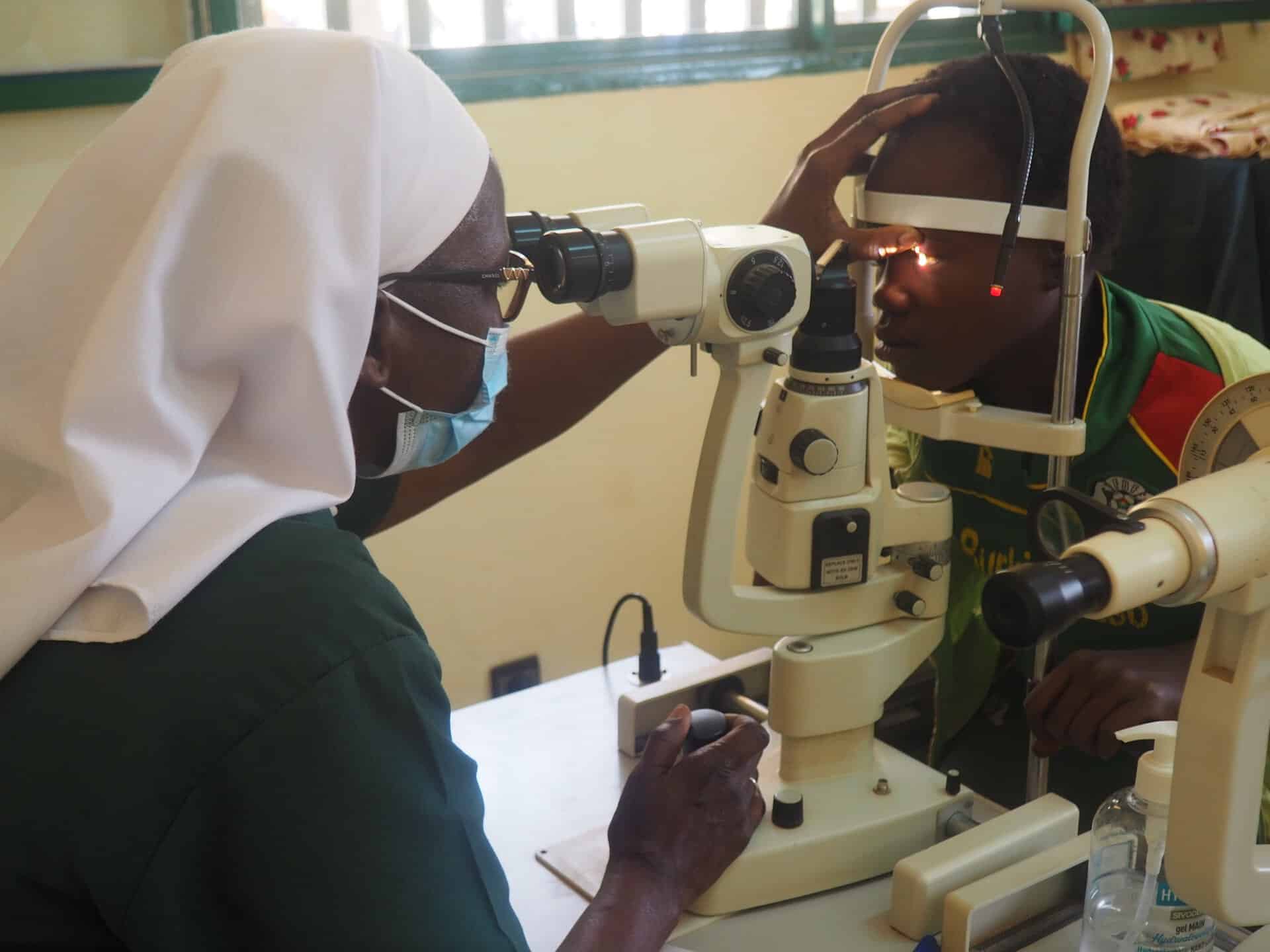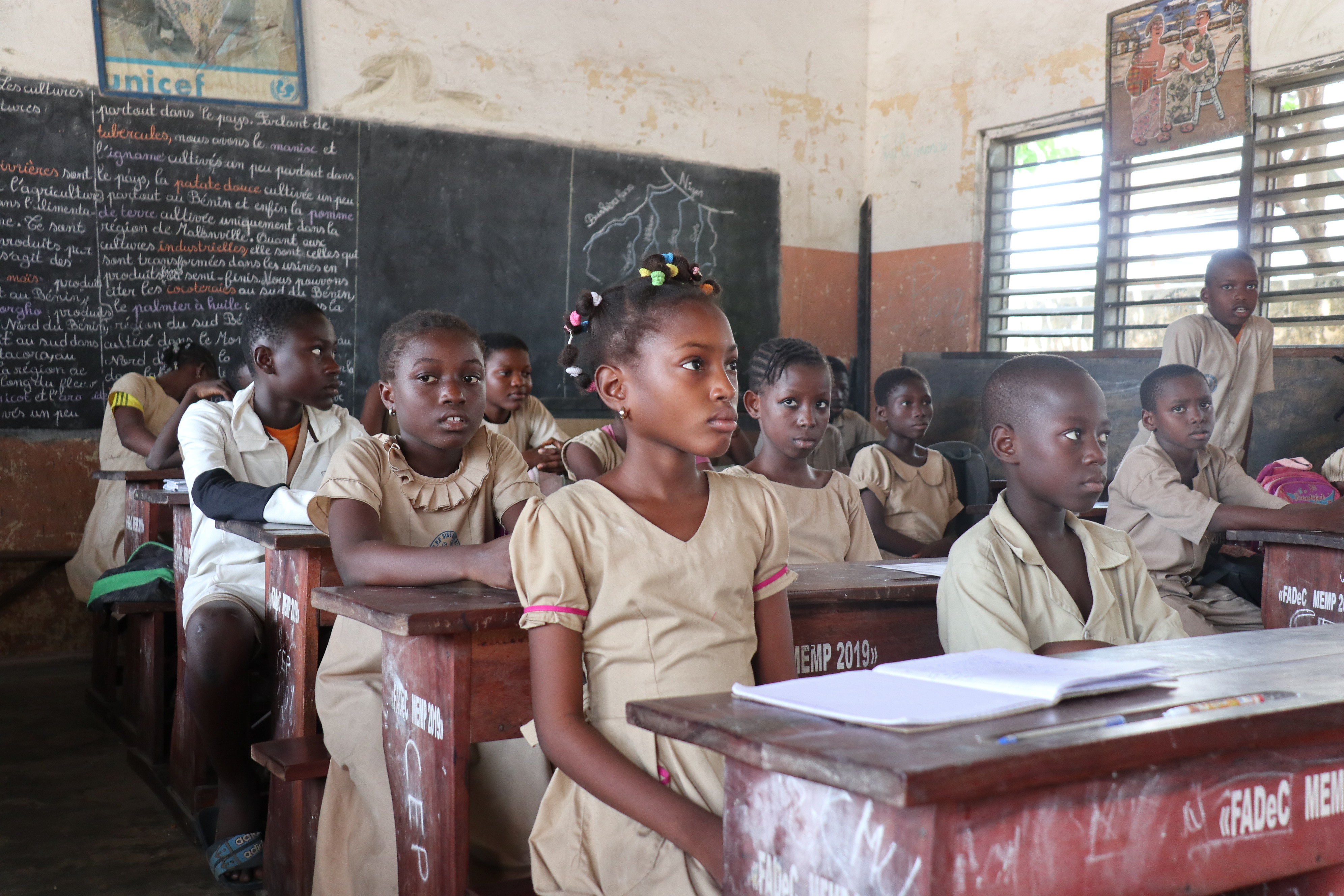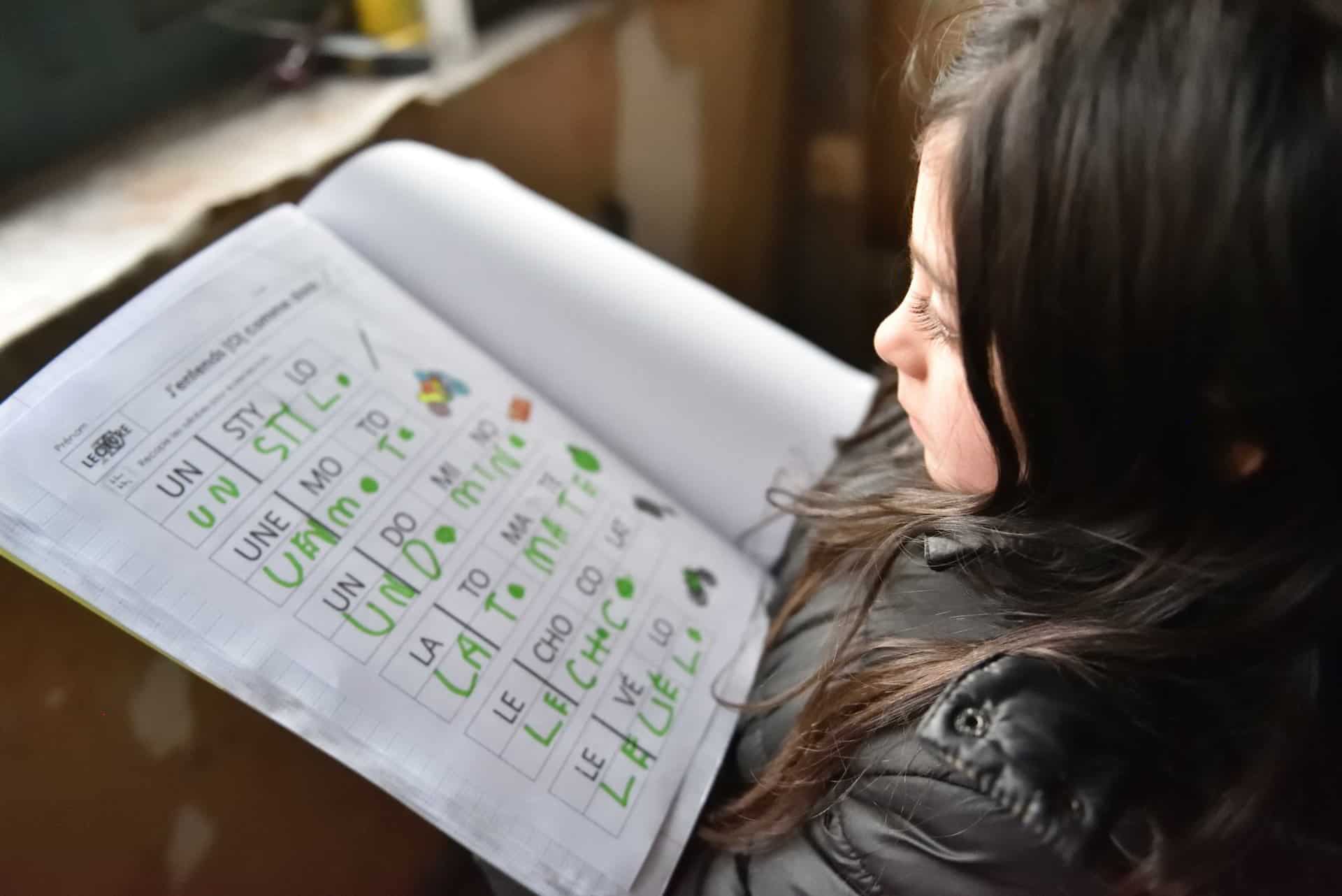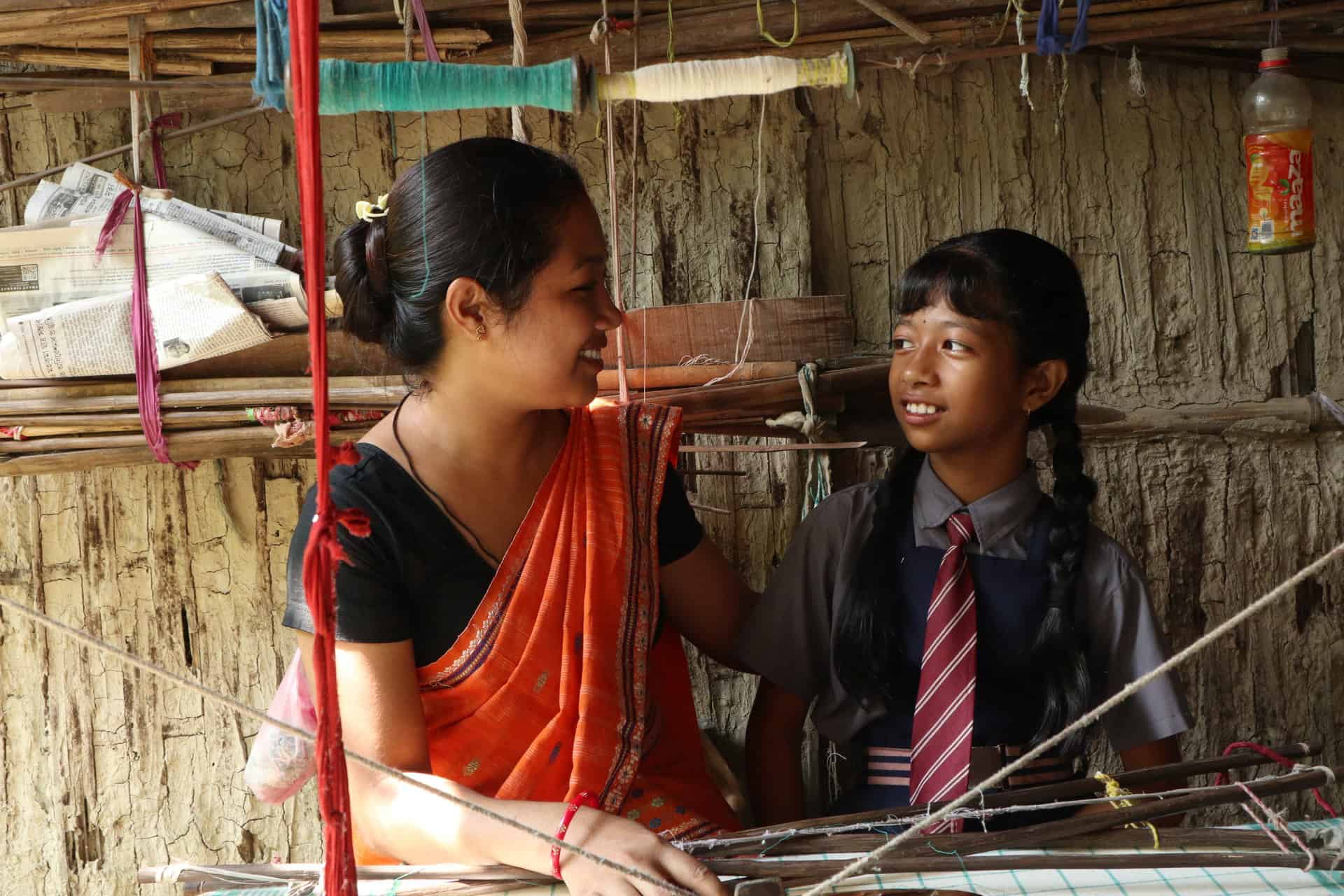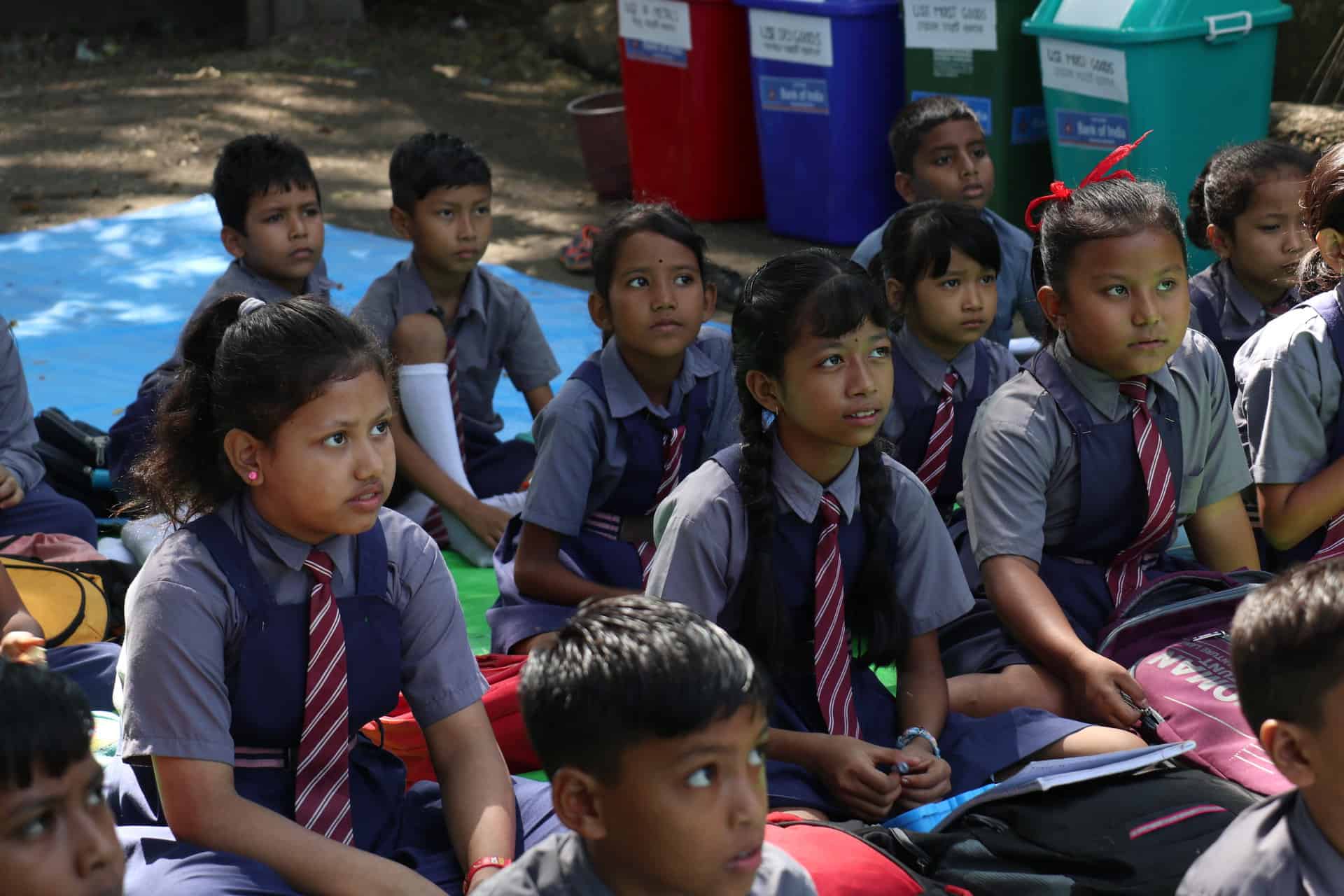Photo credit: Aide et Action India
In the state of Madhya Pradesh, 100 farmers were able to attend a series of training courses to learn a new method of cultivation. This should enable them to establish sustainable agriculture and increase their yields. This is a welcome development following the many losses caused by the pandemic.
In India, the COVID-19 pandemic disrupted agriculture and its supply chains. Farmers had to bear heavy losses due to lack of labour and transport to sell their crops during the containment. After this period, in order to help farmers in difficulty and promote sustainable agriculture, Aide et Action has been widely promoting the "System of Rice Intensification (SRI)", an agricultural methodology aimed at increasing the yield of fields. This low-water and labour-intensive method is an indigenous farming method where one acre of land can produce up to 15 to 25 quintals of rice instead of the usual 8 to 10 quintals. The process can also be adapted to grow gram, ragi, wheat and other crops.
Encouraging collective entrepreneurship
Aide et Action has organized a series of trainings to demonstrate the process to 100 farmers in the Kanha Tiger Reserve area of Madhya Pradesh. These will enable farmers to adopt the methodology in the next season. This will enable them to experiment with their skills on farmland leased by our organisation. In addition to promoting organic farming, this innovative approach will also encourage collective entrepreneurship among farmers, generating better business links and profits.


